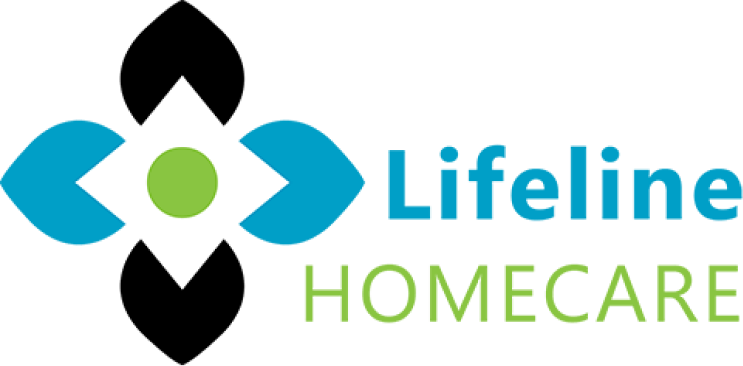How Non-Medical Home Care Differs from Home Health Care
Many people with chronic conditions or life-debilitating illnesses can now remain at home due to advances in healthcare technology and equipment. Home health agencies can provide licensed medical professionals to go to a person’s home, offering a range of medical and therapeutic services. Home healthcare requires a physician’s order. Keep in mind that home health aides generally are only authorized to perform the tasks described in the order.
When to Seek Home Health Care
- Post-op rehabilitation
- Wound care
- Skilled assessments and teaching
- Mobility training
- Occupational therapy
- Pain management
- Speech/Physical therapy
- IV therapy/injections
Non-Medical Home Care
Non-medical home care focuses on helping loved ones with daily activities, while at the same time creating a safe and healthy environment. You or your family members may need help getting the day started with assistance showering, preparing breakfast, and remembering medications. Likewise, help before bedtime, or even overnight, can be an important safety net for loved ones at home who are often more apprehensive at night.
One of the most important needs of anyone who lives alone is that of companionship. Everyone needs one-on-one contact and conversation to help keep their minds alert. People thrive with a companion that participates with them in activities such as gardening, attending a concert or going to the grocery.
If your loved one needs assistance getting to and from doctor’s appointments, cleaning the house, or simply having someone to spend time them, you should contact a non-medical home care agency like your local Lifeline Homecare office.
Read more about Lifeline Homecare’s non-medical home care services.
Many caregivers, older adults and their families benefit from a team approach of having both non-medical and home health care services provided at the same time.
